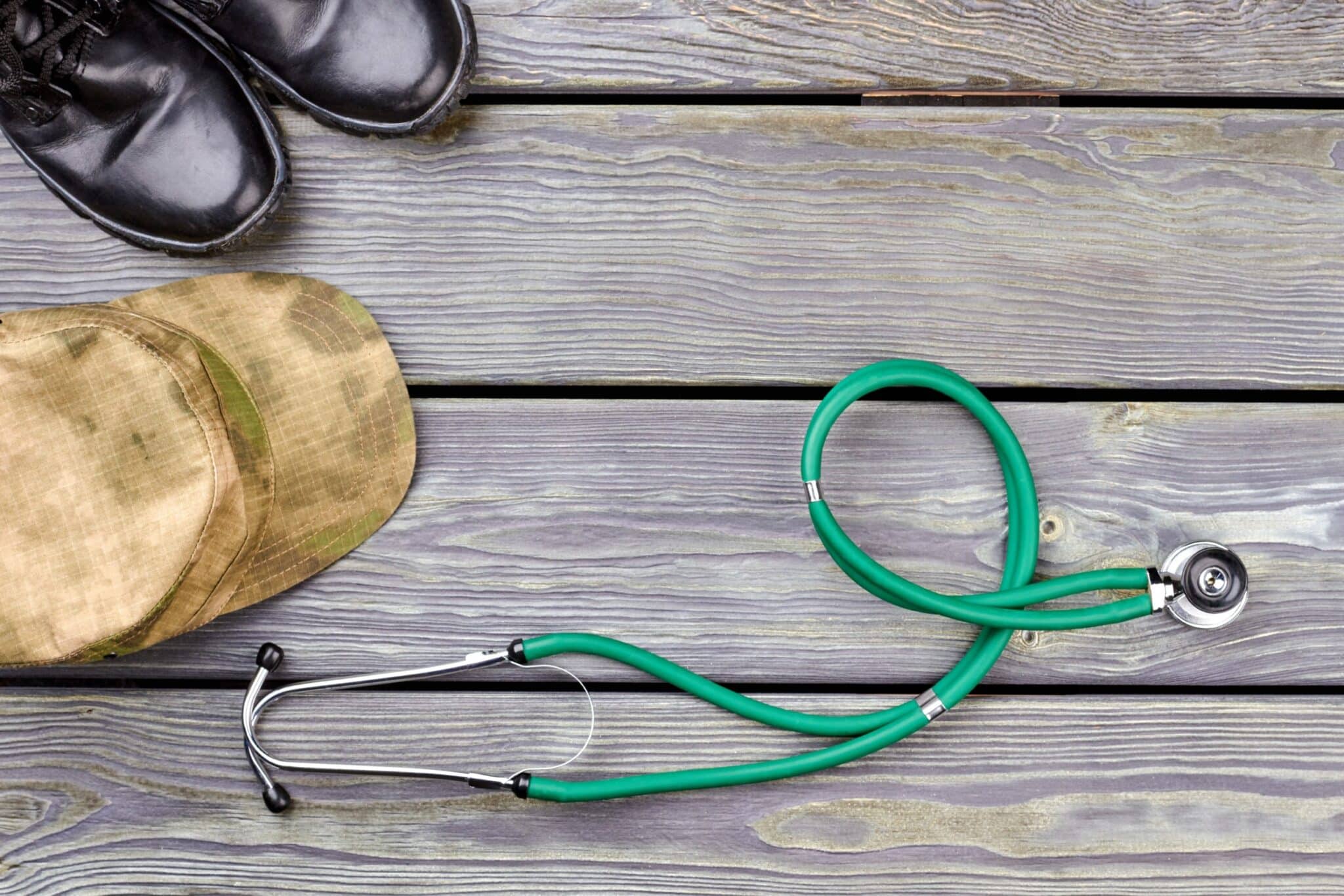Defense Lawyer Gwinnett County Facing criminal charges can be a daunting experience, especially in Gwinnett…
Why Medical License Defense Matters – Guest Post

In Texas, medical professionals face rigorous oversight to maintain public trust. In fiscal year 2024, the Texas Medical Board issued 120 disciplinary orders, 139 remedial plans, and nine final orders, including two license revocations and 28 automatic suspensions or revocations. These figures highlight the critical importance of medical license defense. When a physician’s license is at risk, experienced legal counsel is essential to navigate complex proceedings, protect careers, and ensure fair treatment throughout the disciplinary process.
Practicing medicine involves more than clinical skill—it requires strict compliance with laws and regulations. Medical license defense becomes crucial when a physician’s license is at risk due to alleged violations. These legal protections help safeguard a doctor’s career while also upholding public trust in the healthcare system. A Texas medical license defense lawyer is adept at defending against such challenges and ensures professional integrity and quality care delivery.
Importance of Medical Licensing
Medical licensing is a key element in the healthcare infrastructure. It guarantees that practitioners are accountable to meet qualifications that have been set out for them, allowing them to continue to provide safe and competent care. Licenses are not just paperwork but also reflect a solicitor’s competence level and trustworthiness. And when these credentials fall under the microscope, they have large implications that reach far beyond personal careers and into patient care.
Understanding Medical License Defense
Medical license defense is fundamentally about protecting a medical professional’s right to practice. Allegations may arise from patient complaints, audits, or peer reviews, each requiring a tailored legal response. A strong defense involves gathering evidence, drafting sound rebuttals, and engaging with regulatory boards. Beyond safeguarding an individual’s career, this process also upholds the integrity of the medical field as a whole, ensuring fair evaluations while preserving public confidence in competent and ethical healthcare providers.
Common Reasons for License Problems
A host of problems can lead to a challenge to withhold a medical license. The most common triggers for ethical violations include malpractice claims, unprofessional conduct, and criminal conduct. Investigations can occur due to administrative error or misunderstanding. Being aware of these risks allows practitioners to take steps to ensure they do not run into trouble with their license.
The Impact on Healthcare Professionals
A medical professional under threat of losing their license suffers far more than the personal stress of dealing with a potential loss of income. All of this can come at the expense of your career prospects, financial stability, or relationships in your industry. In addition, getting a license suspended or revoked can create long stretches of time when a wide variety of work will become impossible to get again. Knowing the severity of these consequences highlights the need for an effective defensive plan.
Preserving Patient Trust
Effective healthcare delivery reveals its foundation in the form of trust amongst patients. Public trust may falter when the clinician’s licence is questioned. It is not only taking care of their career and of their license, but also creating confidence in patients that the medical professional is not going anywhere and will continue providing quality services. This trust is necessary to cultivate the right relationships between the patient and provider and ensure that care continues to be delivered.
Expert Criminal Defence Matters
A legal professional specializing in medical license defense can significantly boost a practitioner’s chances of a favorable outcome. These lawyers understand both medical and legal regulations and are skilled in navigating the defense process. Their strategic insight and representation allow healthcare professionals to focus on patient care instead of legal stress. With a knowledgeable attorney handling their case, practitioners can face challenges with greater confidence and peace of mind.
How To Protect Yourself — Proactive Steps
Taking proactive steps can reduce the risk of facing a license challenge. Healthcare professionals should stay updated on evolving regulations and engage in ongoing professional development. Thorough documentation of patient interactions and adherence to ethical standards also strengthens their position. By remaining vigilant and compliant, practitioners not only safeguard their licenses but also maintain the trust and integrity expected in their profession. Being proactive is key to long-term professional stability and success.
Conclusion
Medical license defense plays a vital role in safeguarding the careers of healthcare professionals. It ensures they can continue to provide care even when facing serious allegations or regulatory challenges. Understanding the value of this protection helps practitioners avoid common pitfalls while upholding the standards of their profession. A strong defense not only secures the provider’s future but also preserves the trust patients place in their care and the overall credibility of the medical field.
